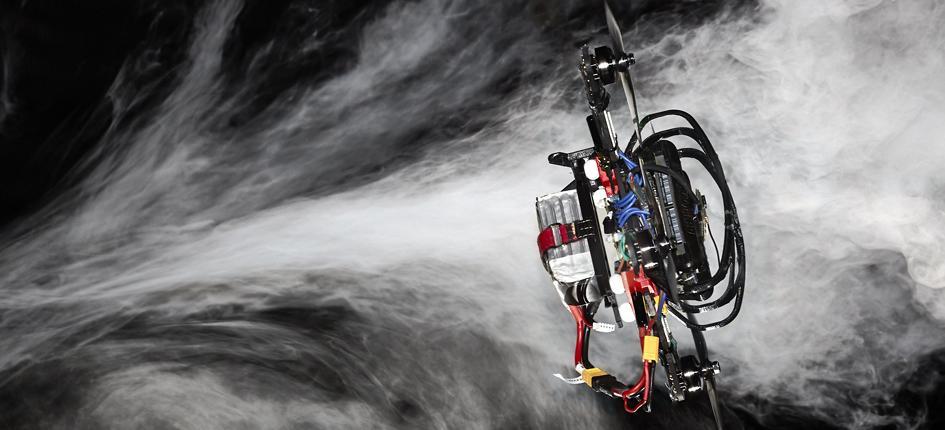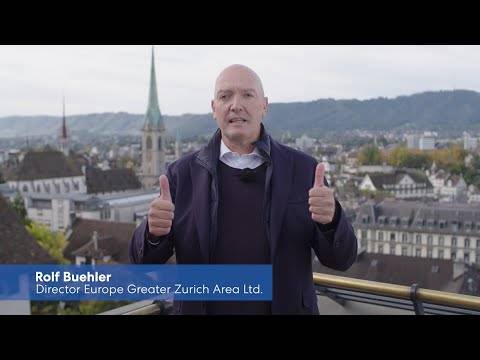
For the first time, an autonomous quadrotor (a drone with four propellers) has beat two human drone pilots in a race. Professor Davide Scaramuzza reports in a press release from the University of Zurich (UZH): “Our drone beat the fastest lap of two world-class human pilots on an experimental racetrack.” Due to their limited battery life drones must be quick, for example when searching for survivors at disaster scenes or inspecting inaccessible areas.
Professor Davide Scaramuzza teaches at the UZH’s Department of Informatics as well as at the Institute of Neuroinformatics established by the UZH and the Swiss Federal Institute of Technology Zurich. There, he leads the Robotics and Perception Group, which conducted this experiment. In 2018, his team won the IROS 2018 Autonomous Drone Race. One year later, it ranked second in the AlphaPilot Drone Racing World Championship. Furthermore, Scaramuzza heads the Rescue Robotics Grand Challenge of the Swiss NCCR Robotics, which funded this research.
A newly developed algorithm formed the basis for this recent success, as documented by a video. Scaramuzza states: “The novelty of the algorithm is that it is the first to generate time-optimal trajectories that fully consider the drones’ limitations.” He goes on to explain that previous work divided the flightpath into sections and assigned certain waypoints. Philipp Föhn, PhD student and first author of the paper, adds: “The key idea is, rather than assigning sections of the flight path to specific waypoints, that our algorithm just tells the drone to pass through all waypoints, but not how or when to do that.” Their paper was published in the specialist medium Science Robotics on Wednesday.
Once the algorithm has found the best flightpath, it can reproduce it identically, unlike human pilots. The researchers used external cameras to determine the drone’s location. They now hope to integrate onboard cameras to approach commercial use. Additionally, the algorithm calculations must be simplified. At the moment, it still takes up to an hour to calculate the fastest flightpath.
Featured video
Greater Zurich’s vibrant drone and robotics ecosystem continues to attract innovative start-ups and leaders in the field. Watch the video to find out why:
Related news
Meet with an expansion expert
Our services are free of charge and include:
- Introduction to key contacts in industry, academia, and government
- Advice on regulatory framework, taxes, labor, market, and setting up a company
- Custom-made fact-finding visits, including office and co-working space
